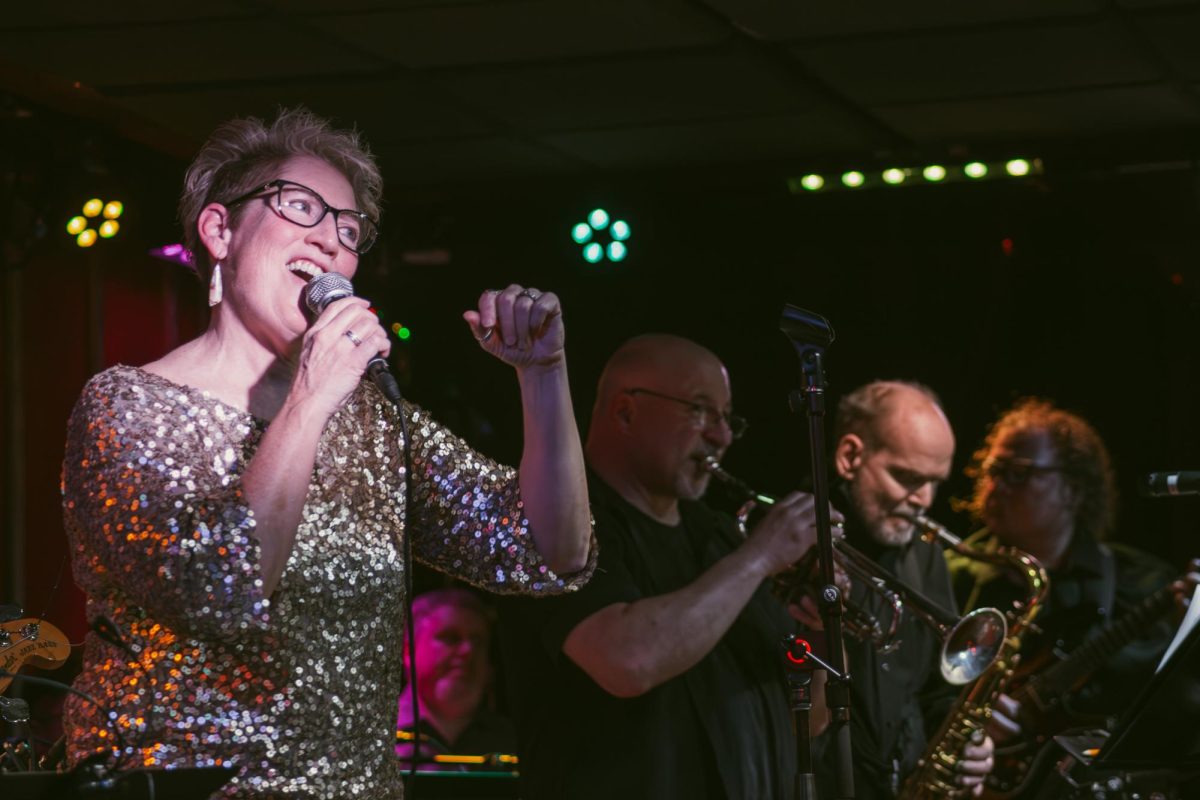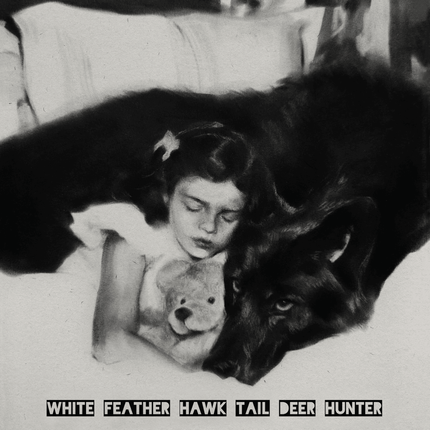Bright Eyes emphasize that their sixth studio album, “I’m Wide Awake, It’s Morning,” isn’t about trying to understand suffering. Conor Oberst, the lead singer and songwriter, has made it clear that some things are difficult to understand. Oberst doesn’t spend the album pointlessly fumbling at meaning but attempts to navigate it.
Bright Eyes released “I’m Wide Awake, It’s Morning” in 2005 alongside “Digital Ash in a Digital Urn.” The two albums deal with similar themes but in different ways.
Where “Digital Ash in a Digital Urn” is reminiscent of Radiohead’s experimental sound and weirdness, “I’m Wide Awake, It’s Morning” is contemplative and weary. Oberst was only 24 when he released the albums, sounding wistful beyond his years, croaking lines of angsty poetry over dry melodies.
Oberst isn’t a great singer — he rasps more than sings, and his voice is rough and pitchy as he mumbles the lines — but people aren’t drawn to his music because of his voice. It’s the fact that each song sounds like a confession as if he’s kneeling before a priest, sharing the most unsettling truths.
“At the Bottom of Everything” begins the album. Oberst sips on a drink, telling a story about a woman flying to meet her fiancé when the plane suddenly goes down. He seems to hesitate while spinning the tale, pausing between sentences before the gentle strum of the guitar sets in, and his voice cracks with the first verse.
Get The Daily Illini in your inbox!
This song skillfully frames the concepts that will persist throughout the album. The song speaks on the death penalty, modern addiction to technology and the expenses of health care, but if the listener isn’t paying attention to the lyrics, these themes are hard to grasp.
This is one of the aspects that makes the album so intriguing. Each song layers meanings, intertwining them with hidden implications within nuanced lyrics and subtle subtext. Much of Oberst’s music has political themes, with many of his albums commenting on capitalism, racism and social injustice.
Though “I’m Wide Awake, It’s Morning” is less political than Oberst’s previous works, it still addresses societal issues. Many songs carry undertones of the Iraq War and the post-9/11 political climate in America.
While the lyrics can become somewhat complex, the instrumentation is simple. It holds a warm, folky feel, the guitar melodies hushed and undemanding, the plucks of the banjo measured and unhurried.
Though the actual sound of each song is delicate and folksy, it’s undeniably a New York album. In every song, Oberst recalls his earlier memories of living in New York. He details New York lovers, New York loneliness and New York wanderings.
The New York connection shines in “Lua,” a song about falling in love with a woman who sinks into addiction. Oberst’s voice is accompanied by the sparse strum of the guitar, making the heartbreaking narrative even more devastating.
“‘Cause what is simple in the moonlight/ By the morning never is,” Oberst sings.
The lyrics brim with a sort of gloomy clarity that expresses his love for a woman destined for death. It’s oddly intimate, pulling the listener in with universal and achingly personal lyrics.
“Land Locked Blues” is one of the album’s most politically charged songs. Underlying the simplicity of walking away from someone you love, there is a deeper exploration of contentiousness, war and politics.
“We made love on the living room floor/ With the noise in the background of a televised war/ And in the deafening pleasure, I thought I heard someone say/ ‘If we walk away, they’ll walk away,’” Oberst sings.
He mumbles the lyrics, the roughness of his voice scraping over the unpolished honesty of the words. He wears his disillusionment on his sleeve, the dull ache of the country’s pain evident in each song. It’s a candid and unpolished lamenting of a dismal reality, reflective of artists like Bob Dylan and Elliott Smith.
Twenty years later, “I’m Wide Awake, It’s Morning” is remembered as Oberst’s and Bright Eyes’ best work. The album remains a defining cornerstone of indie music.
The album offers a blistering sense of cruelty masked by melodies and a cutting stoicism that echoes through each verse. Perhaps that’s what makes it unique — it’s comforting and dismaying.









